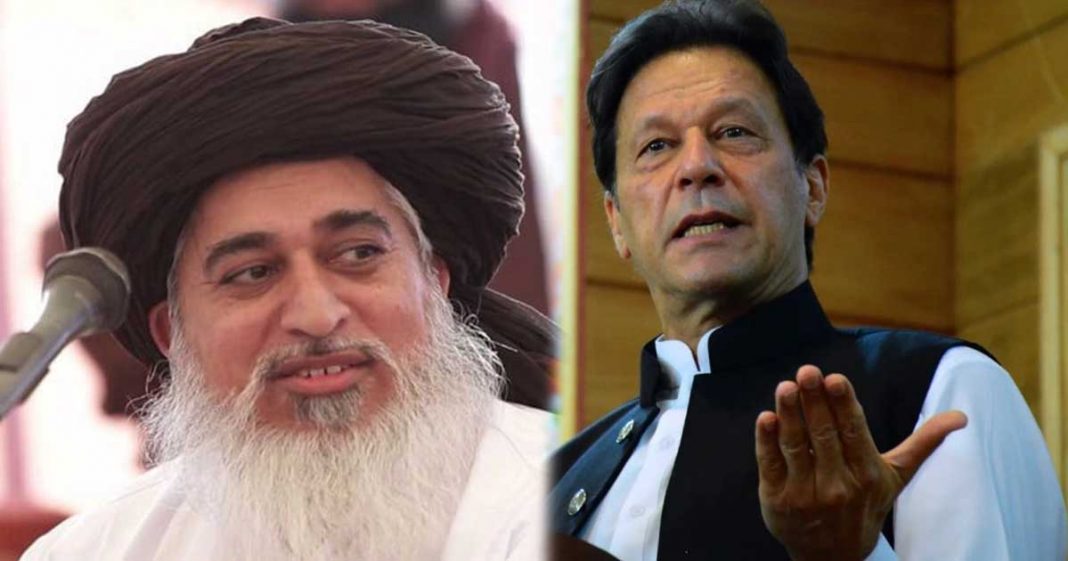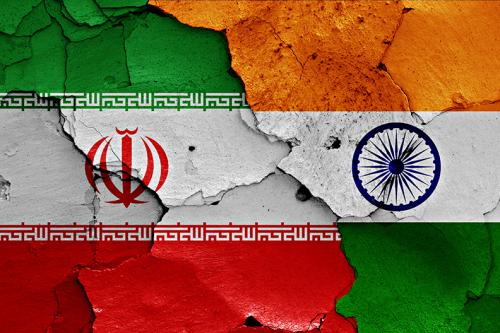The Tehreek-i-Labbaik Pakistan (TLP) late on Monday night announced that the government had accepted all its four demands and called off its sit-in. A spokesman for the TLP released a copy of the handwritten agreement carrying signatures of Minister for Religious Affairs Pir Noorul Qadri, Interior Minister Ijaz Shah, and the deputy commissioner, Islamabad.
The agreement says the government will take a decision from the Parliament regarding the expulsion of the French ambassador within three months, will not appoint its ambassador to France, and release all the arrested workers of the TLP. The government will not register any case against the TLP leaders or workers even after it calls off the sit-in.
Dawn, Pakistan’s most respected English language newspaper, reported that police claimed that earlier the government had categorically asked them to remove the protesters and get Faizabad and its adjacent areas cleared.
Read more: “Strict Action”: Polls show a majority of people against TLP Actions
As a result, the officials said, the police and the paramilitary troops started making formations to start an operation in the afternoon but it was called off at the eleventh hour after a message was conveyed to senior officers of police and administration not to proceed with the plan. The TLP leaders were approached who then sent a delegation for talks, the officials added.
Khadim Rizvi: A man who more powerful than a sitting government?
This is not for the first time that Khadim Rizvi challenged the state authority and militantly occupied the Faizabad interchange. In November 2017, TLP signed an agreement with the then-government of PML-N and ended a 22-day long Faizabad sit-in. Then Federal Interior Minister Ahsan Iqbal and Federal Interior Secretary Arshad Mirza signed the agreement from the government’s side while Allama Khadim Hussain Rizvi, Pir Afzal Qadri, and Muhammad Waheed Noor signed the agreement form on behalf of the religious parties. Zahid Hamid resigned as Federal Law Minister in face of countrywide protests and Faizabad sit-in by religious parties over the Khatam-e-Nabuwwat clause fiasco.
Again in 2018, agreed to end its protest sit-ins across the country after reaching an agreement with the federal and Punjab governments under which the latter will put the name of Aasia Bibi — who acquitted by the Supreme Court of blasphemy charge — on the Exit Control List (ECL) and refrain from objecting to review of the court judgment.
However, later on, police arrested over 100 members of the Tehreek-i-Labbaik Pakistan, including Khadim Rizvi. “We have taken into custody more than 100 TLP leaders and activists including its chief Khadim Hussain Rizvi from Lahore and other parts of the Punjab province,” a senior police officer said.
TLP’s patron-in-chief Pir Afzal Qadri, who was on judicial remand pending multiple cases against him, announced his retirement from the movement and issued an apology for incendiary remarks made by him during a protest against the Supreme Court’s acquittal of Asia Bibi.
Qadri was booked under sedition and terrorism charges in Gujrat and taken into “protective custody” by the state during a crackdown in November after the TLP announced it would observe martyrs’ day on Nov 25, 2018.
Dr. Moeed PIrzada, a prominent Pakistani political commentator, explained the political evolution of TLP in a video. Dr. Pirzada maintains that the government does not afford to allow a militant group to dominate the national and foreign policy of the country.
Will Government fulfill its latest Agreement?
Sources in Islamabad told GVS that the government did not offer anything substantial to the protesters. The only thing the government wanted was to send the TLP activists back to Lahore. “Some advisers suggested to the premier and interior minister to let the protesters disperse peacefully and take a strong action once they are gone,” a source told GVS.
Political commentators, experts, and policymakers are of the view that whatever the TLP has claimed to have cannot be materialized. No government in the world can surrender before a militant group, they add. There is also a strong view that this is no means possible to follow a foreign policy direction dictated by a group of no more than two to three thousand people.














